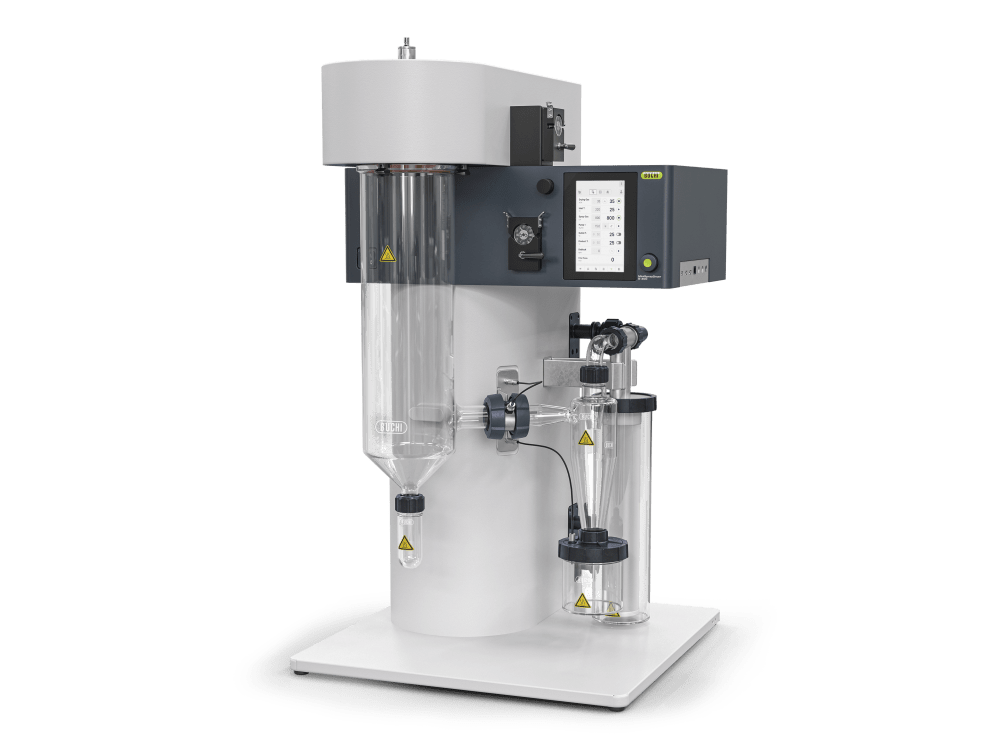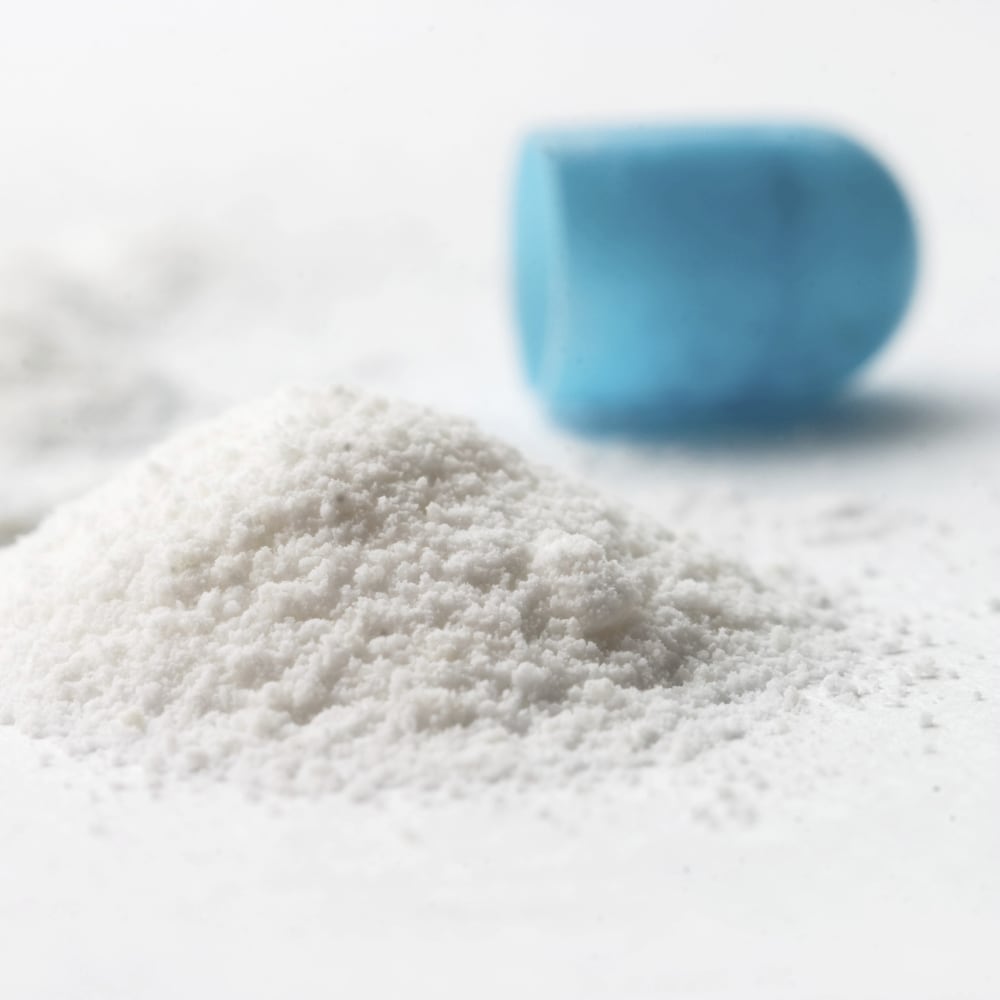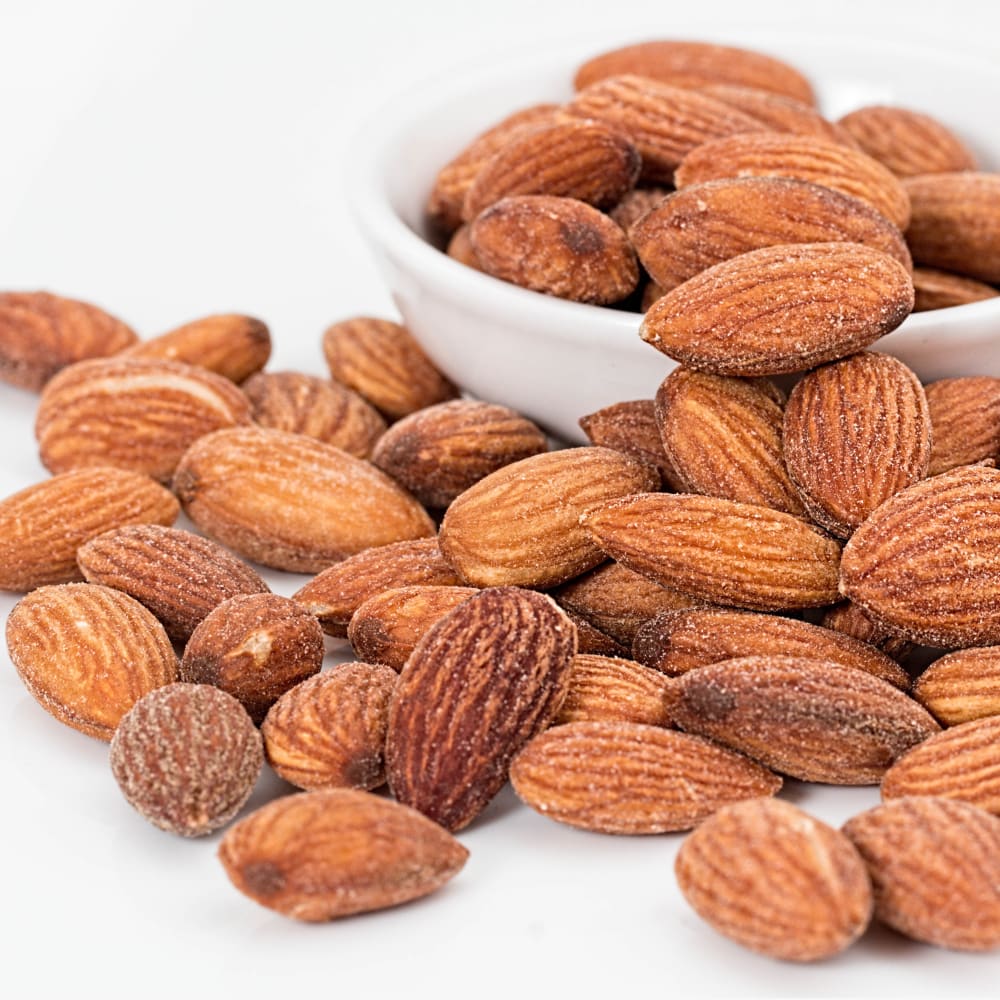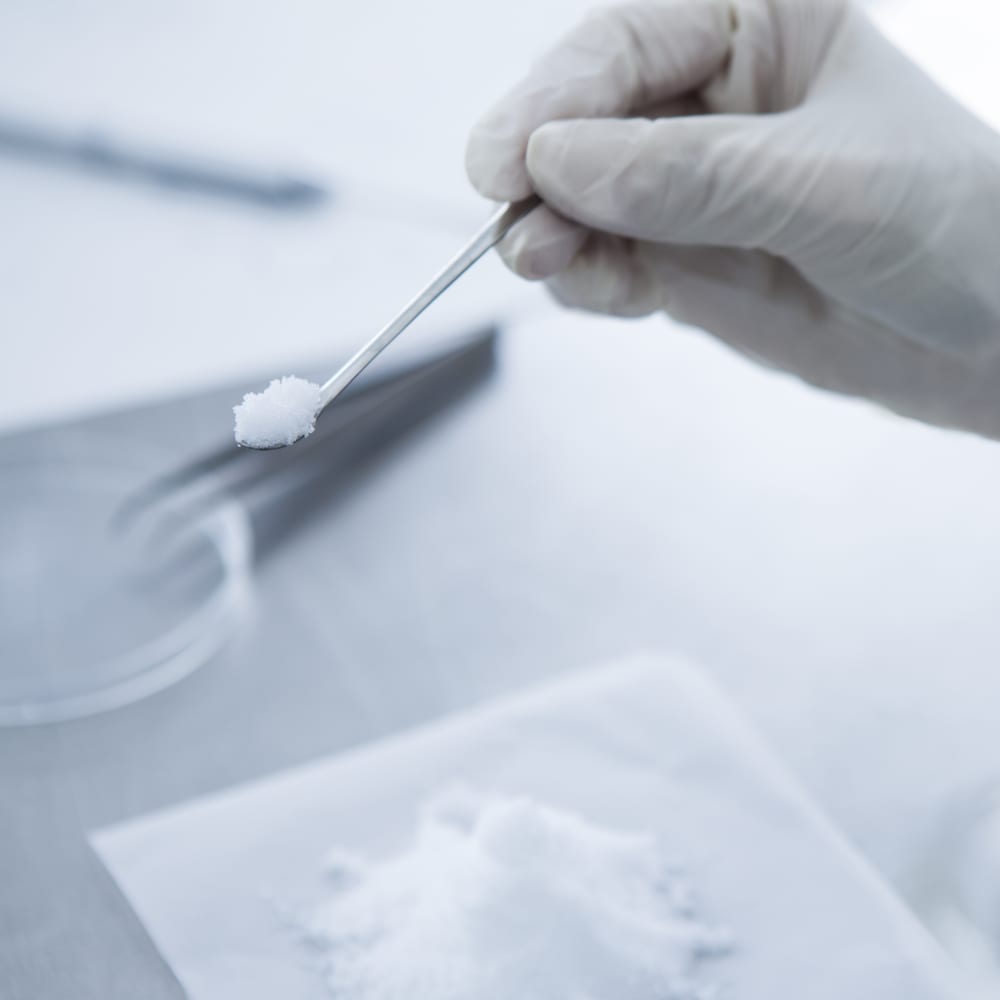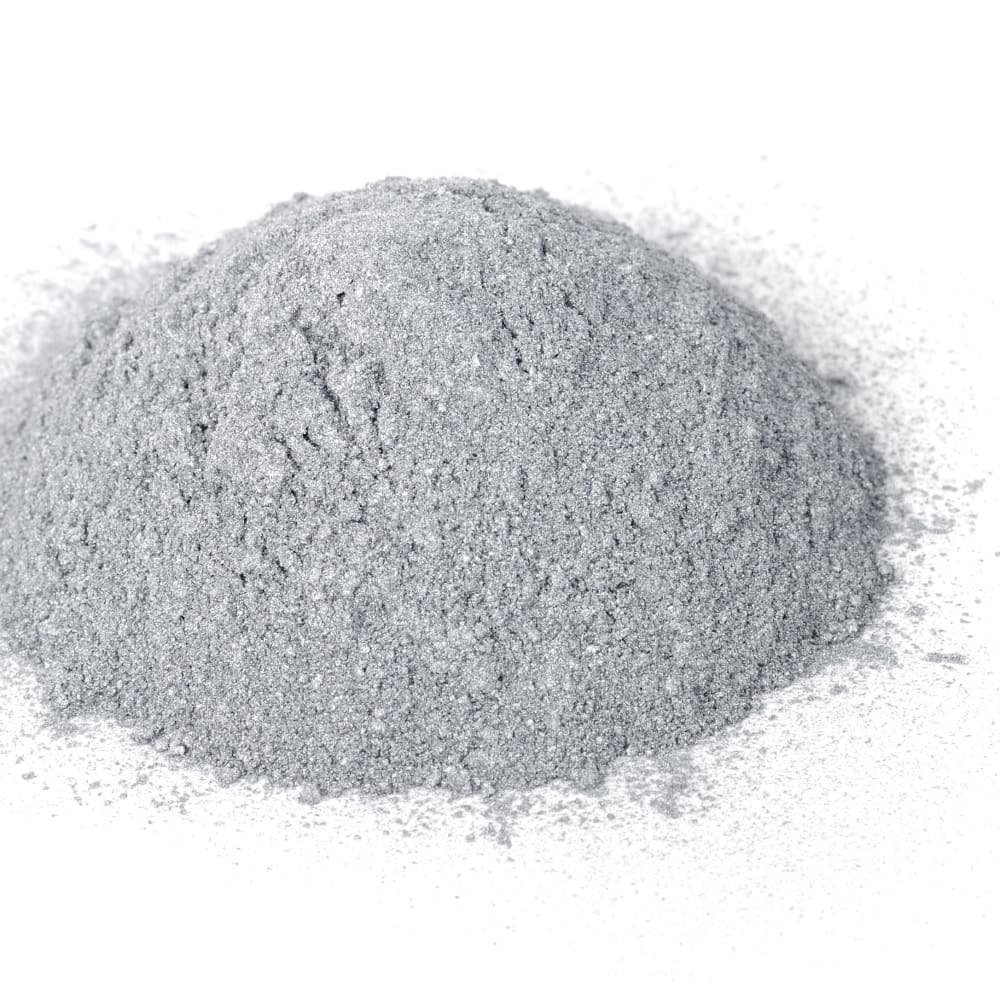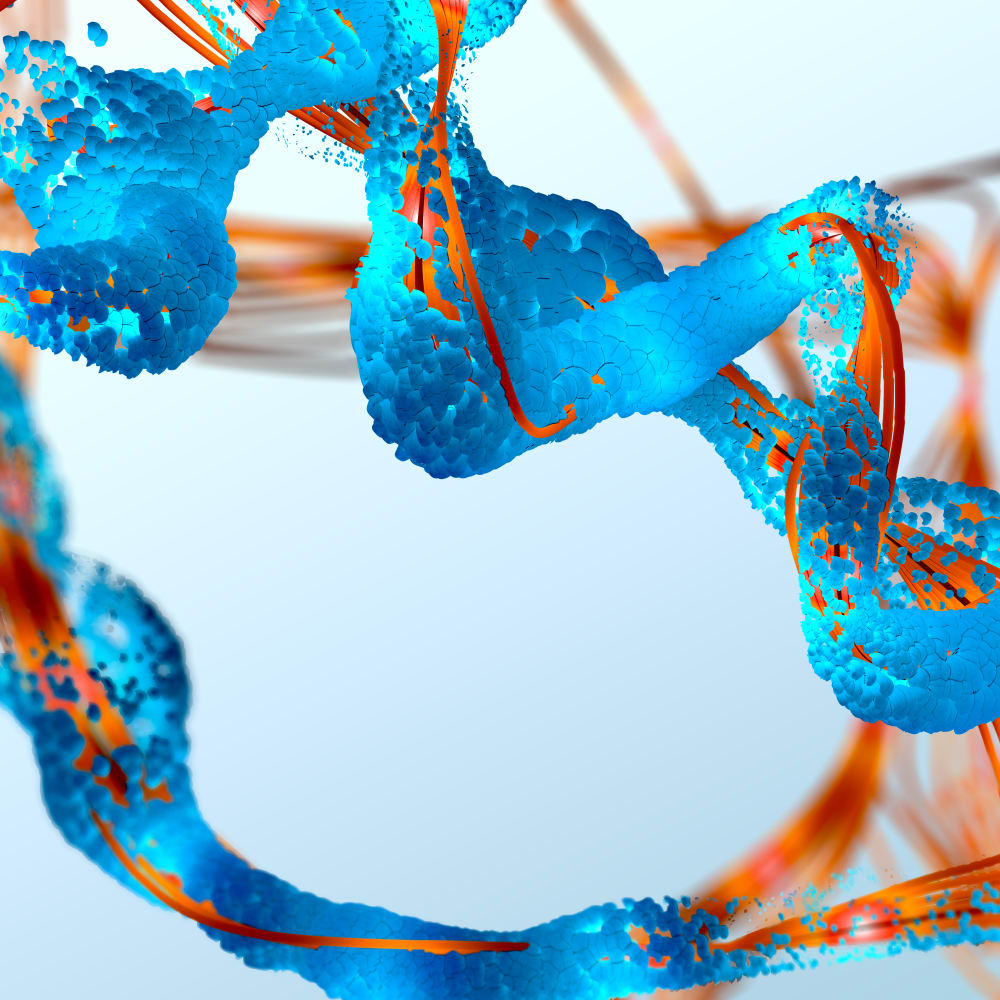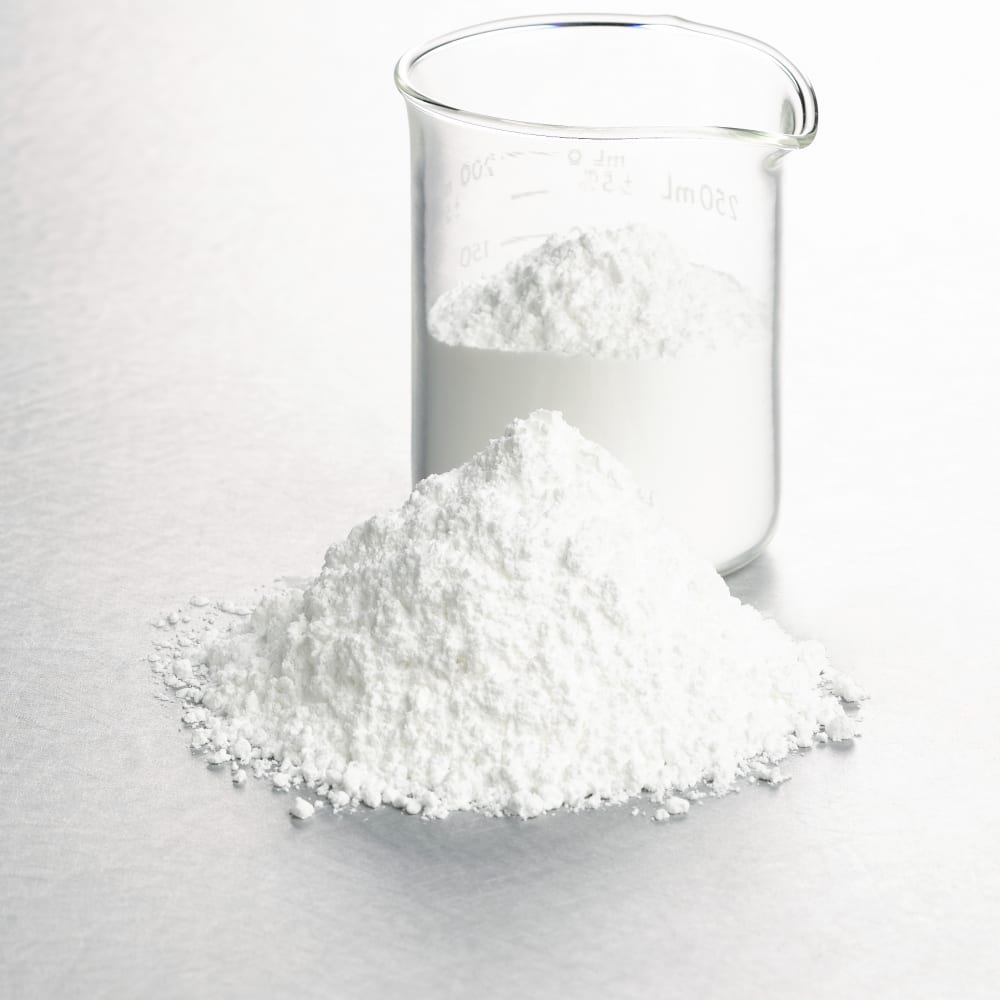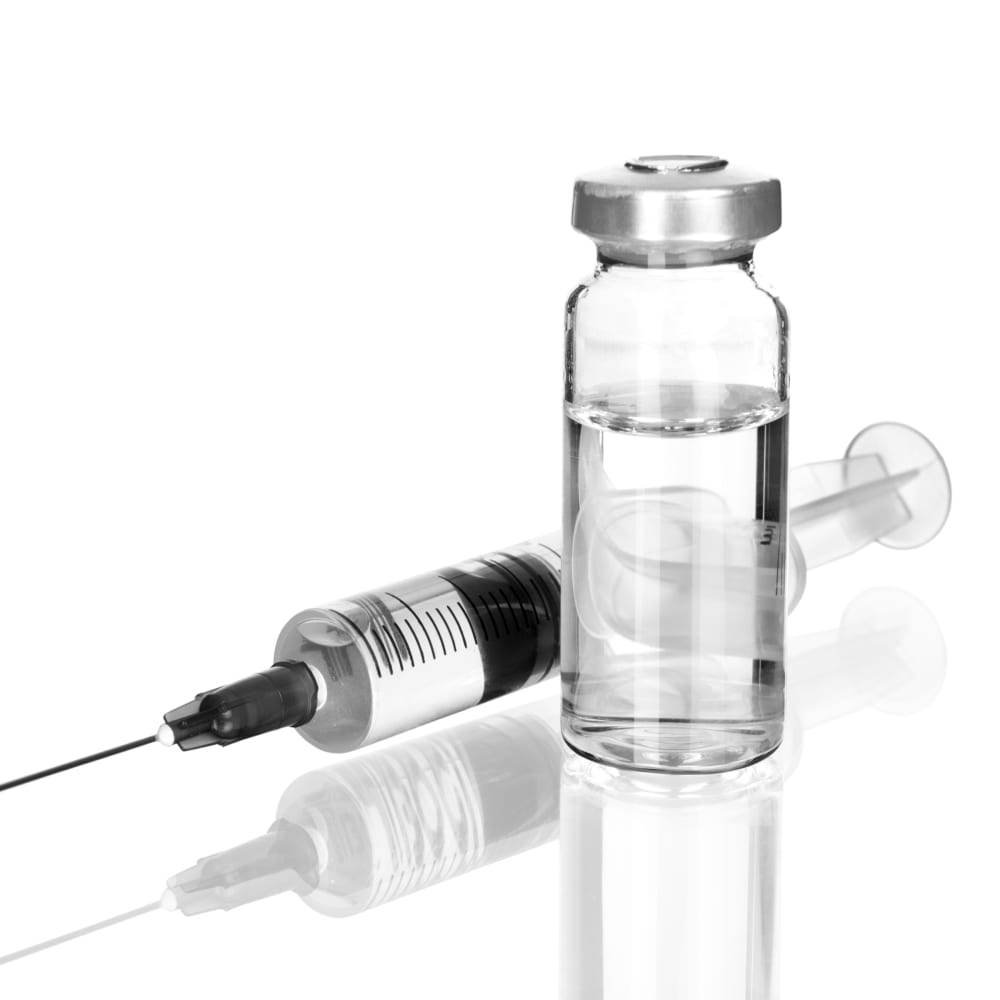Spray Drying of Chlorambucil
Spray Drying of Chlorambucil with the Mini Spray Dryer B-290
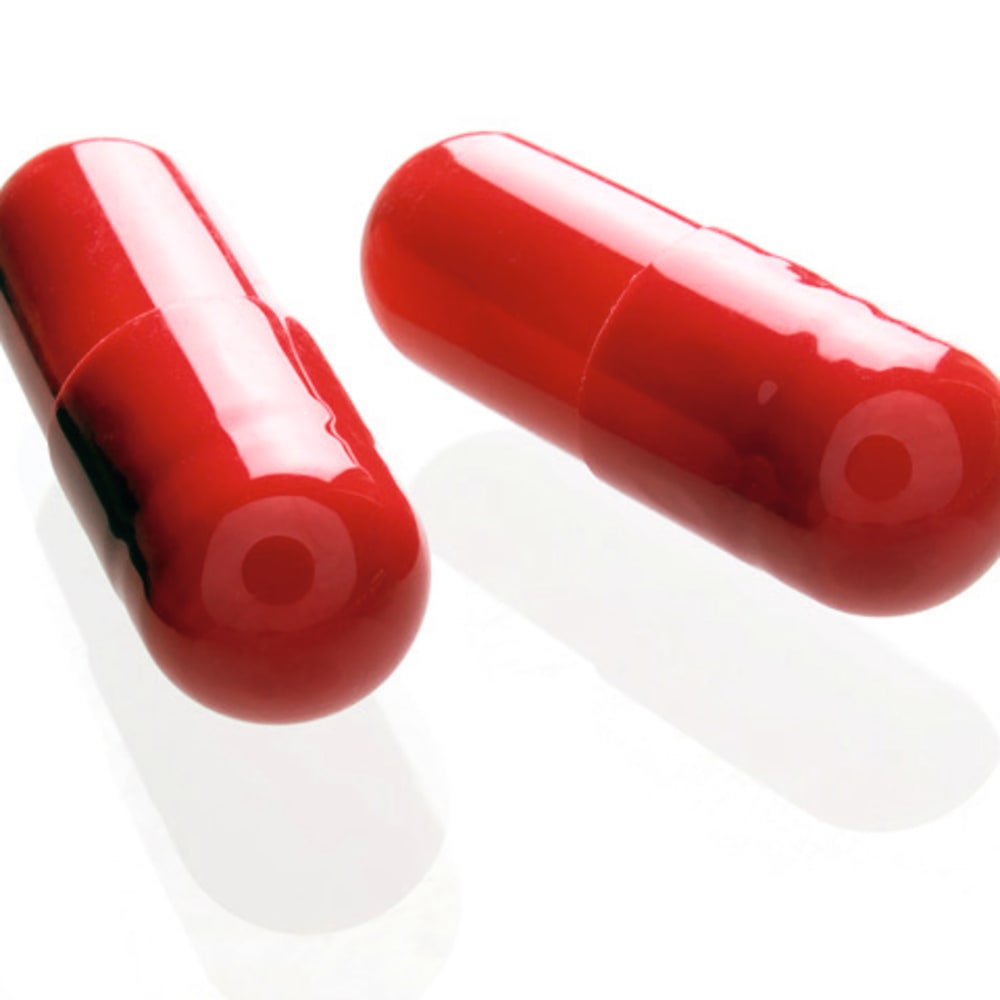
Spray drying is a technique used in the pharmaceutical industry for producing dry powders from liquid formulations. Chlorambucil is an alkylating agent used in chemotherapy for the treatment of various cancers. The use of spray drying for the production of chlorambucil powders has been investigated in recent years.
Studies have shown that spray drying can produce highly dispersible and stable chlorambucil powders with improved solubility and dissolution properties compared to conventional methods. The process has been optimized for various parameters such as feed rate, atomization pressure, and drying temperature to achieve desirable powder properties.
Spray drying has also been used to prepare chlorambucil-loaded nanoparticles for targeted drug delivery applications. The resulting nanoparticles showed improved drug loading and sustained release properties.
Overall, spray drying has shown great potential for the production of chlorambucil powders with improved properties for chemotherapy applications. Further research is needed to optimize the process and evaluate the performance of the resulting powders in vivo. The use of spray drying for the preparation of chlorambucil-loaded nanoparticles is also an area of interest for future research.
Please see the application note No. 475 for starting parameters, formulations and some results.
